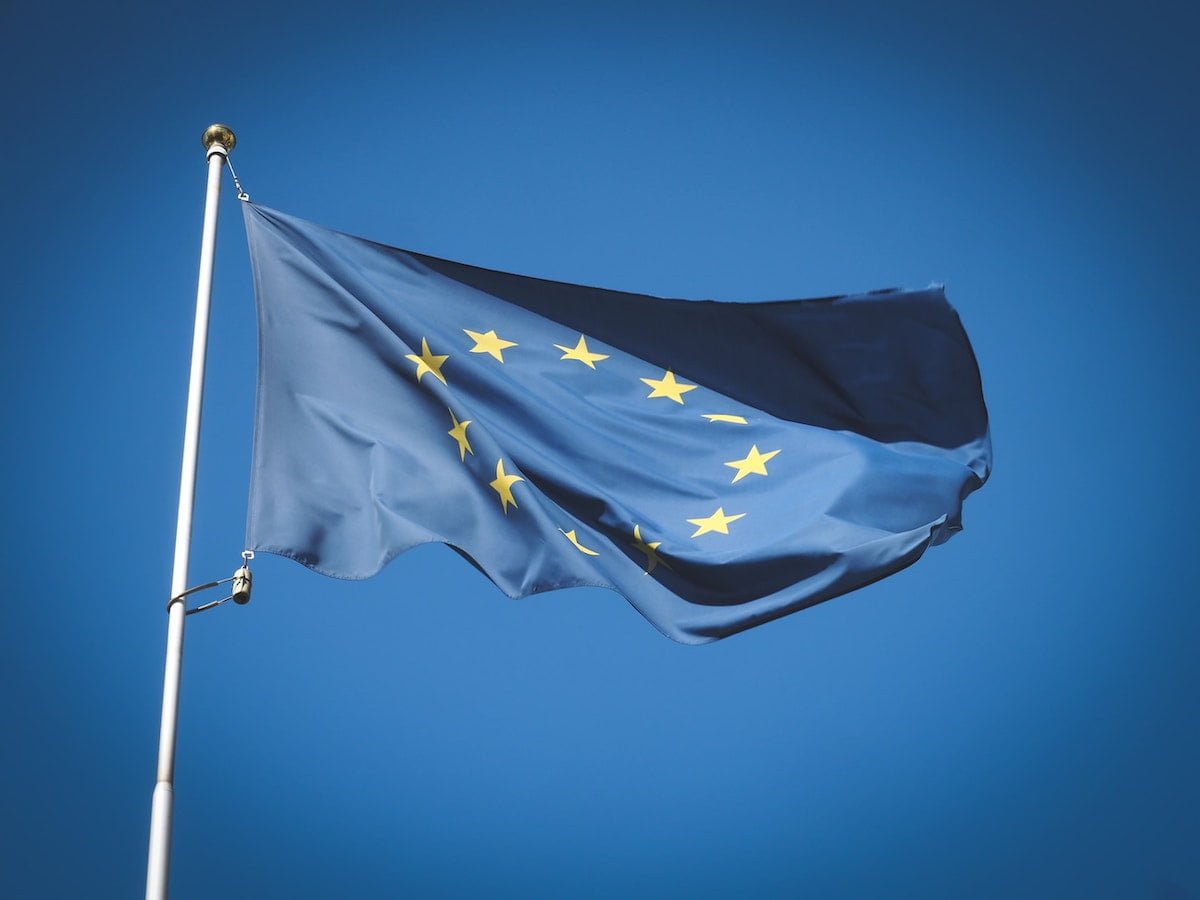Uncategorised
Awakn announces larger location for Oslo ketamine clinic
Awakn is embarking on a Nordic expansion beginning with its new Awakn Clinics Oslo.

Uncategorised
Canada recommends launch of Veterans psychedelic research programme
Uncategorised
PAREA’s psychedelic push: improving policy for mental health innovation in Europe
Uncategorised
Study to investigate psilocybin therapy for cancer-related depression
-

 Opinion2 years ago
Opinion2 years agoClerkenwell Health is launching a free UK psychedelic therapist training programme
-

 Insight3 years ago
Insight3 years agoMixing psychedelics with lithium poses significant risk of seizures
-

 Medicinal2 years ago
Medicinal2 years agoMDMA therapy for PTSD granted innovation passport by UK
-

 Research2 years ago
Research2 years agoLSD trial for the treatment of adult ADHD initiated
-

 Medicinal2 years ago
Medicinal2 years agoMDMA: the love drug?
-

 Markets & Industry1 year ago
Markets & Industry1 year agoWhere can I find training for psychedelic therapy?
-

 News3 years ago
News3 years agoAwakn’s second psychedelic therapy clinic to open in London
-

 Medicinal2 years ago
Medicinal2 years agoNew compound could make microdosing “heart-safe”
















